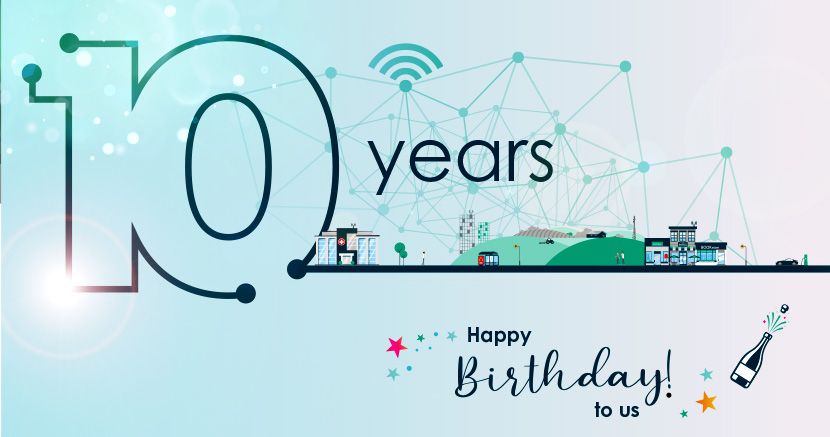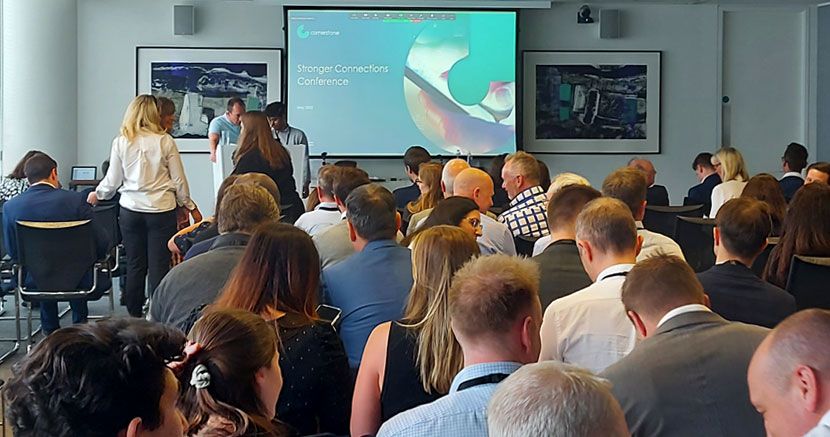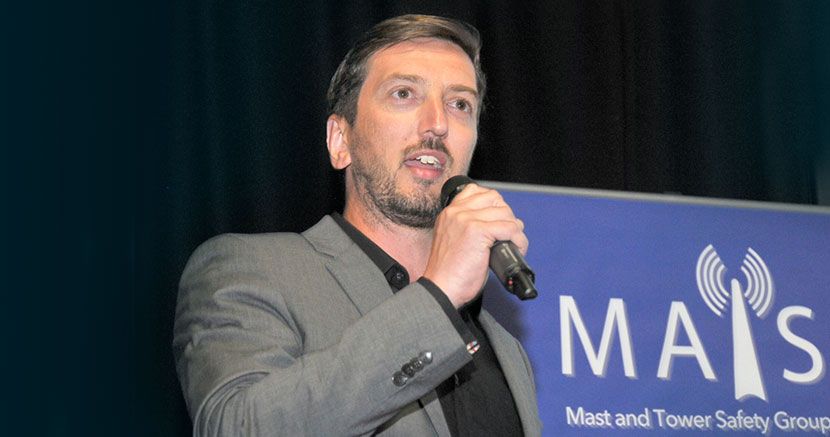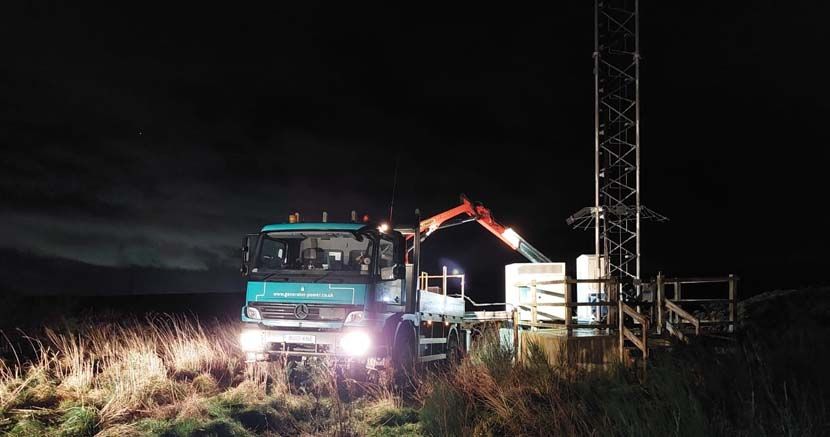Cornerstone celebrates its tenth anniversary
2012 was quite a year; London hosted the Summer Olympics, Queen Elizabeth II celebrated her Diamond Jubilee and ‘We are Young’ by fun was number one in the UK charts. Technology was also advancing, with a North Wales factory producing the last UK typewriter, the launch of the iPad Mini, and Instagram had 100 million users. Eleven major cities also started offering high-speed mobile data services on Britain’s first 4G mobile network.
The other little-known event on the 29th May 2012 was that Cornerstone became officially incorporated at Companies House.
Ten years on we are proud to enable connectivity for businesses, communities, and families across the UK. In a constantly changing industry, our people reflect a diversity too. 10% of colleagues have been with us since the beginning; we also welcome recruits from outside telecommunications who add another perspective.
So, let’s hear briefly from some of them and their past, present and future thoughts.
Iain Harris, Head of Special Projects and James Kemp, Principal Commercial Partnership Manager, joined Cornerstone before the company’s incorporation in 2012.
What were Cornerstone’s origins?
Iain: Originally, it was a project that started in 2008. The people who worked here were from two mobile network operators who shared a goal to consolidate their infrastructure estates under a single management function to enable site sharing and cost efficiencies. We were based in one room hosted by Regus on the Arlington Business Park in Theale, near Reading. It was very much a start-up company. I remember going into town, filling my briefcase with office stationery (paid for, of course!) and making big decisions around a coffee table.
James: I remember that Iain! Four years later, we became a Joint Venture Company that coincided with the 4G rollout. Then in 2021, our status changed to a financially independent towerco with two new sets of shareholders. When I look back on how much the company has transformed from essentially two groups of people from two companies to, now having our own brand identity with people from different companies and backgrounds, it has been a remarkable journey.
All credit to you guys for being here since the beginning. What’s kept you here at Cornerstone?
Iain: Having the opportunity to make a real difference in our industry. It’s been absolutely fascinating, and there is always something interesting going on. I have had some of the best times working at Cornerstone.
James: Being part of that journey, seeing Cornerstone grow up from a project to a towerco with its own business processes, a fantastic office space and being a great place to work.
Looking ahead, what are your thoughts on Cornerstone’s future?
Iain: I’m optimistic about where Cornerstone is going and believe we are on the cusp of something very special with enormous technology changes on the way.
James: I’m really excited about the times ahead. With our financial independence and owning our estate, we are very much in charge of our destiny.
And how about the views of John Exton, IT Infrastructure Manager, who joined Cornerstone at the start of lockdown after eight years at a global Japanese company specialising in ceramic components. What has the Cornerstone experience been like for you?
Similar in the sense that the department I joined was going through a lot of change. I was fortunate to be there at the beginning, which gave me the chance to shape our team’s journey.
The big thing that has stood out for me is the culture and the atmosphere. I really feel that Cornerstone cares for you as a person. It does things that not every company does. For example, it recognises National Employee Recognition Day, sending gifts out at Christmas during the lockdown and organising both virtual and face-to-face events to get people together. And in turn, teams get along, which is so important.
What are your thoughts on the future?
Like Iain and James have said, it’s exciting times ahead. I’m really enjoying working for Cornerstone and have no hesitation recommending it as a great place to work. In fact, I’ve already referred a couple of people!
And to close, how does our CEO, Rhys Phillip, sum up our ten year anniversary?
We deal with plenty of milestones at Cornerstone. Sunday 29th May marked a really significant one, as being ten years since our official company incorporation. As a business, we have matured so much over the last decade, and now we are striding forward into our future with a confidence in our identity and our purpose. All of our colleagues, shareholders, partners and landlords have contributed to our story. Here’s to the next chapter.












